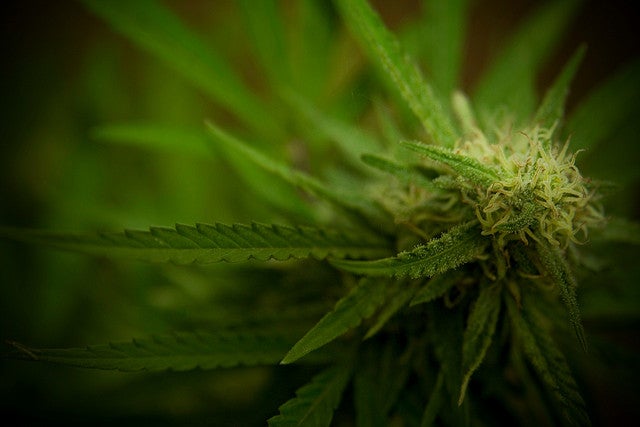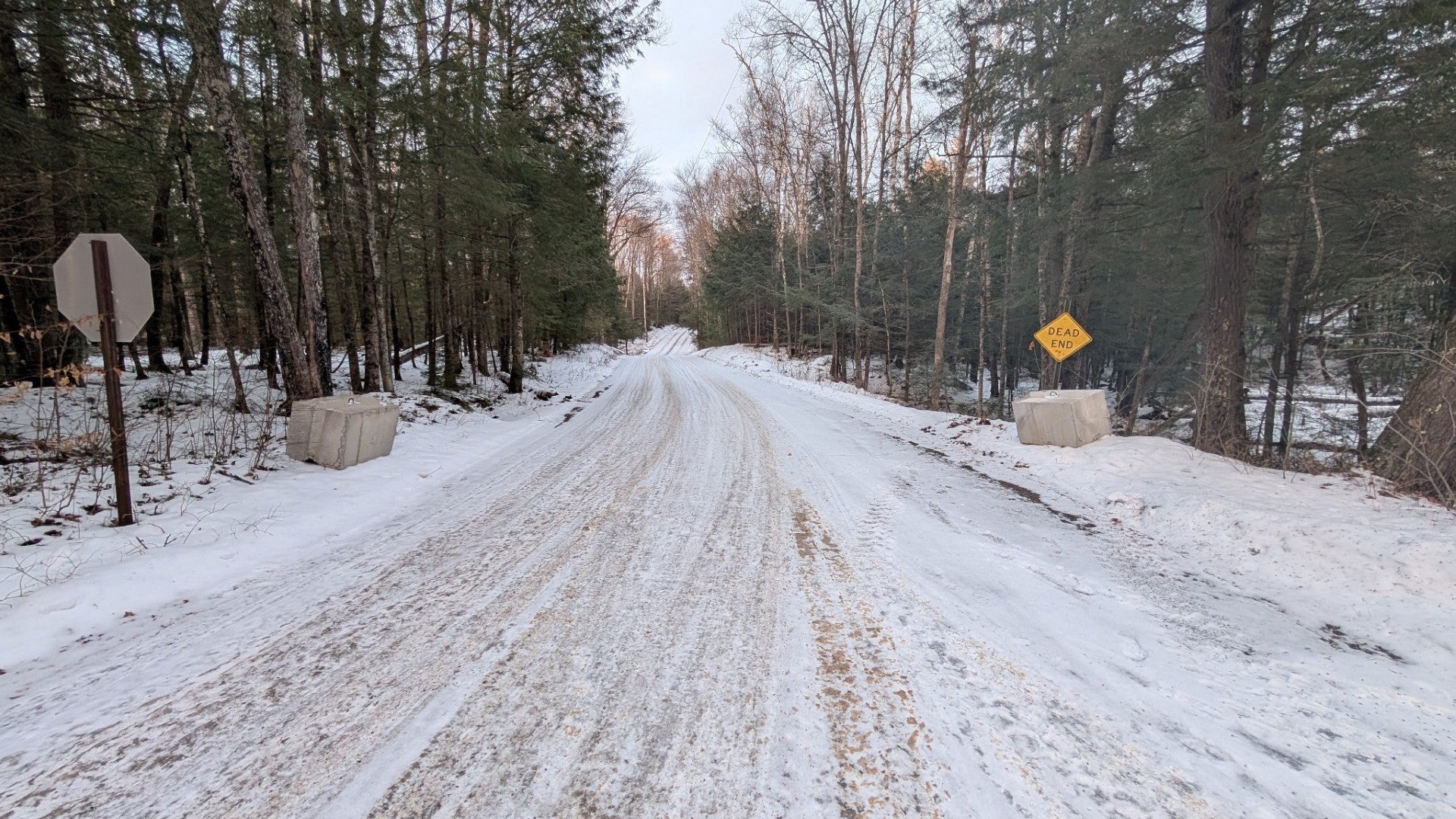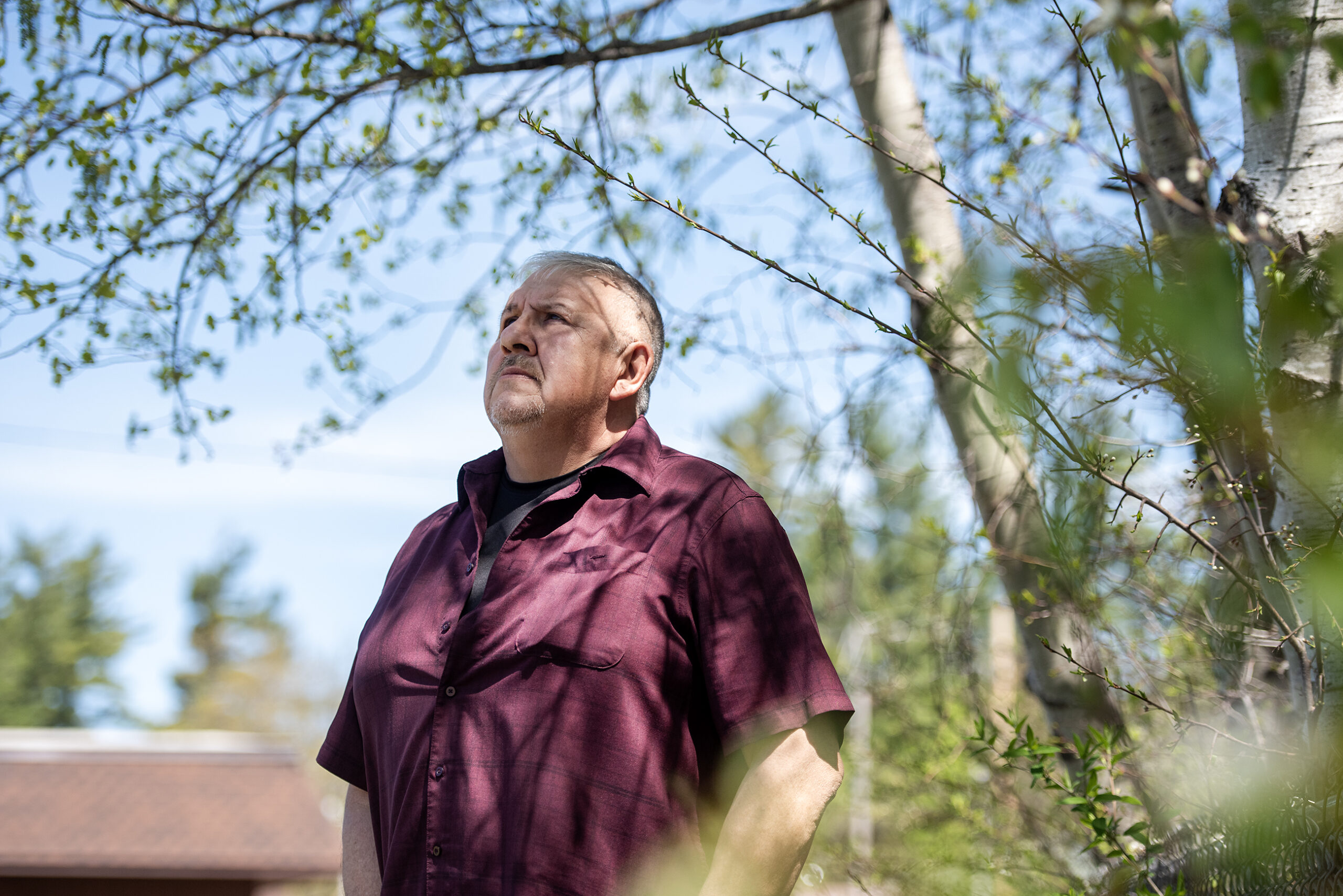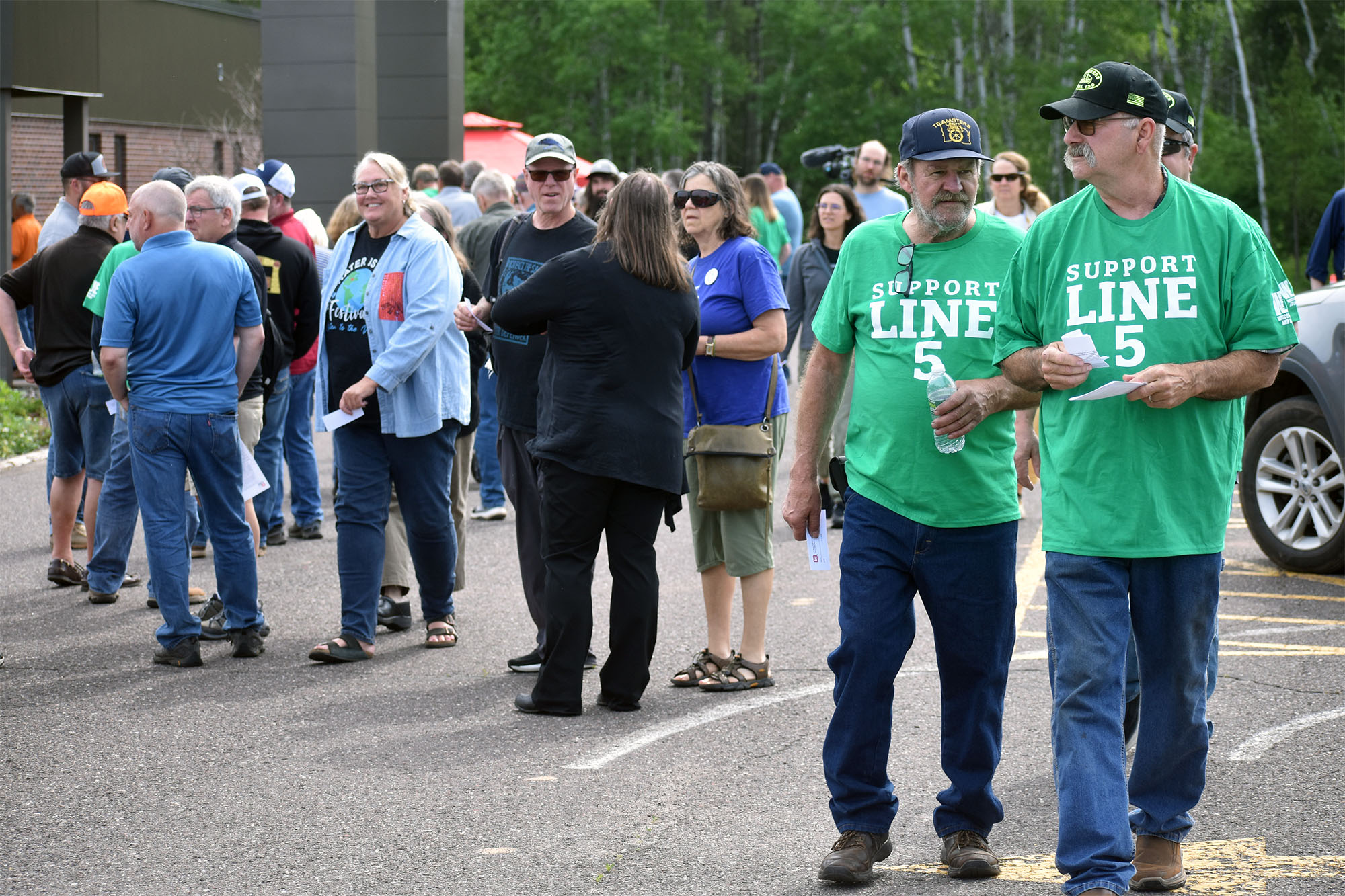The Menominee Tribe and the U.S. Department of Justice are at odds over a raid executed by federal agents last Friday on a field of experimental hemp plants.
An attorney representing the tribe says the raid, in which the Drug Enforcement Administration used bulldozers to destroy 30,000 plants on the Menominee Indian Reservation, was unjustified. The U.S. attorney’s office, however, said the plants were high-grade marijuana, not hemp.
According to attorney Tim Purdon, the tribe has been negotiating with Justice Department attorneys for several months about how to legally grow industrial hemp on the reservation under a provision of the Federal Farm Bill. He said the tribe was trying to cooperate with federal officials.
Stay informed on the latest news
Sign up for WPR’s email newsletter.
“At the same date that the DEA came in to destroy this industrial hemp crop, you have recreational marijuana being sold in shops in Denver and in Portland, Oregon — and you do not see the Department of Justice action to shut down those operations,” said Purdon. “I don’t understand the double standard at play here.”
Purdon said the tribe had been willing to destroy parts of the crop that the DEA “found to be problematic,” if tests proved the plants were marijuana and not hemp, and to have the fate of the rest adjudicated in court. “But instead, the DEA came in and destroyed the entire crop,” he said.
Tribal Chairman Gary Besaw said tribe invited federal officials to observe the harvest for testing and promised none of the crop would leave the reservation until the testing was complete.
“We would put it in a locked facility. We would ask that any federal officials would be welcome to observe, to watch,” said Besaw. “It’s perplexing that initially they agreed to the status quo.”
Besaw said the tribe plans to move forward with litigation to settle the question of whether it can legally grow hemp to earn income for the tribe under a provision of federal farm legislation.
Says a statement released by the DEA regarding the raid: “No arrests were made and this investigation is on-going.”
Wisconsin Public Radio, © Copyright 2025, Board of Regents of the University of Wisconsin System and Wisconsin Educational Communications Board.





